After gaining access to documents and witness accounts, Mediapart can reveal how funds from a Monaco-based private ‘asset management’ bank, Banque Pasche de Monaco, were ploughed into tax havens, such as Panama and the Bahamas, amid an organised system of money laundering. The investigation raises questions over the reigning laisser-faire attitude of both the bank’s management, despite being alerted by staff of the dubious transactions, and also on the part of the giant French banking group Crédit Mutuel-CIC, owner of the bank until last November.
Documents consulted by Mediapart reveal that a number of Banque Pasche de Monaco’s clients were implicated in judicial investigations. Notable among these is Ricardo Teixeira, head of the Brazilian Football Confederation between 1989 and 2012, a member of the executive committee of FIFA, the international football governing body, between 1994 and 2012, and who was also head of Brazil’s 2014 World Cup organization committee.
Texeira resigned from all three posts in 2012 citing unspecified health reasons, shortly before the publication of a Swiss public prosecutor’s report accusing him and his former father-in-law, ex-FIFA president João Havelange, of being paid tens of millions of euros in bribes by the company to which FIFA awarded the TV rights for World Cup competitions. After Brazilian police recently opened a fresh investigation into his activities, Texeira fled to Miami where he now resides (see more on page 2 of this article).
The Pasche Monaco bank was sold by the Crédit Mutuel-CIC group to the Luxembourg-based Banque Havillande last November, the same month that a judicial investigation was opened in Monaco into suspected money laundering by the Monaco bank. The investigation, led by Judge Pierre Kuentz, has since been widened to also include suspected “omitting to declare suspicion of money laundering” over a period of several years.
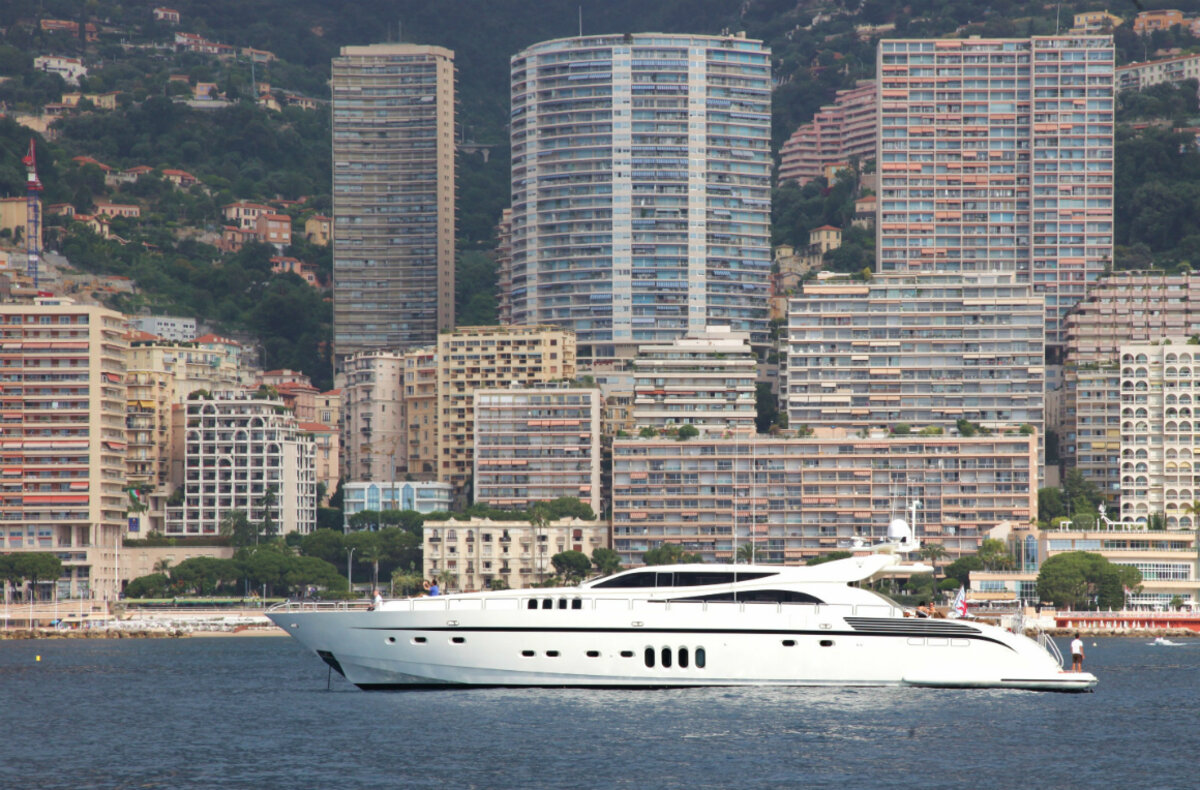
Enlargement : Illustration 1

“I had the impression that the bank was an empty shell, a fictitious establishment without any real clients,” commented Maurice Pilot, who served as chairman of the Monaco bank’s board between June and September 2011. “The Pasche [bank] had a chronic deficit for years,” added Pilot, who was replaced by a Geneva-based lawyer, Dominique Warluzel.
Warluzel’s name appears in the French judicial investigation into the political funding and corruption scam that is part of a wider scandal known as the Karachi Affair; he was the legal representative of a Panama-based shell company used in the mid-1990s to pay bribes to the then Saudi defence minister (who later became Crown prince of Saudi Arabia), the late Sultan bin Abdulaziz Al Saud, to secure a French weapons sale.
In December 2012, three employees of the Banque Pasche de Monaco – a deputy director with responsibility for the bank's Africa region relations, a commercial representative and an administrative assistant – alerted the bank’s management that they had discovered numerous suspect transactions. These involved frequent deposits of cash that ranged from 10,000 euros to 400,000 euros which were then transferred on to offshore companies from accounts opened at the bank of which some remained active for just the space of a week.
But their alert went unheeded. In March 2013, after further evidence of money laundering was discovered and the bank’s disinterest had become clear, one of the three, Africa region deputy director Jean-Louis Rouillan approached the bank’s senior director Jürg Schmid to again raise his concerns. Rouillan secretly taped the conversation, fearful of the consequences of raising the alarm. His fears proved well founded when, just months later, he and the two other employees who alerted the bank’s management in December 2012 were shown the door.
During the taped conversation, held in French, Rouillan told Schmid: “Each time time we checked an operation, it was referenced as money laundering, stacking, account modification.” Rouillan voiced to Schmid his concerns for the reputation of the bank’s owners, French banking group Crédit Mutuel-CIC, and which also owned three major French provincial newspapers – Le Progrès de Lyon, L’Est républicain and Le Dauphiné libéré. “In the press, [Crédit Mutuel/CIC group chairman] Michel Lucas says that it is one the three most solid French banks in the world,” Rouillan told Schmid. “I would really like to see Monsieur Lucas if he was told that in Monaco there’s money laundering left and right.”
'We know he received money for favours'
The contents of the recorded conversation also reveal that neither the bank’s internal controller nor the compliance officer, responsible for ensuring the proper legal conduct of its operations, appeared to have any concern over the dubious accounts, despite being required by law to alert the Monaco government’s anti-money laundering agency, Siccfin, of suspect transactions.
The lawyer engaged by Rouillan and his two whistleblowing colleagues to represent them, Sophie Jonquet, handed over a copy of the taped conversation to members of the Credit Mutuel-CIC group’s senior management, including its chairman Michel Lucas, at a meeting at the banking giant’s Paris headquarters in the spring of 2013.
The conversation shows that Schmid, who declined to respond to Mediapart’s request for an interview, appeared to be above all concerned that the alleged fraud did not become known publicly. “I don’t have any desire to have to explain myself left and right about the situation,” he told Rouillan. “When there’s a clatter raised inside and out, we’ll all find ourselves in the street.” He then warned Rouillan: “Unfortunately, it’s always the bank that has won."
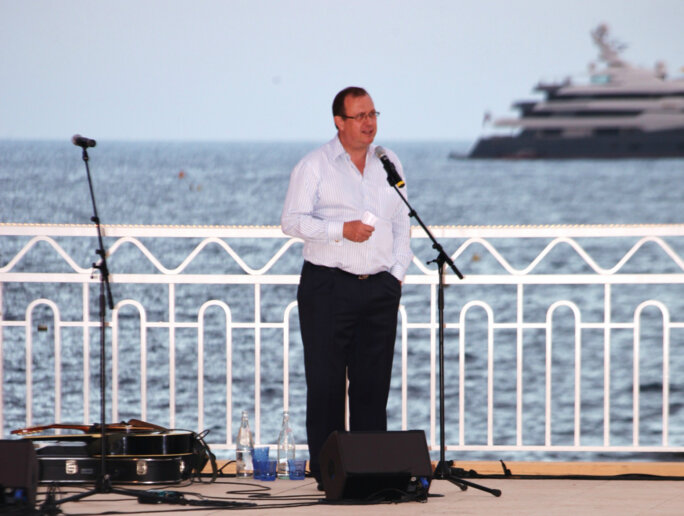
Enlargement : Illustration 2

“Here, at the Banque Pasche Monaco, we have a situation where we must probably accept clients who in other banks one would certainly not accept,” continued Schmid. “I have one, the big Brazilian. I know very well that there is no bank in Monaco which wanted to open an account for him. Today, nobody wants him because he’s really a hot potato. But we did everything because we have the tax returns, the declaration of the courts that he’s never been convicted. Of course, he’s known, he’s known worldwide. So, we have a reputation risk. We know that he received money for doing favours, but it is not political [...] We decided together, we take him, because he’s brought us 30 million euros. That’s not nothing.”
The “big Brazilian” Schmid referred to was aforementioned Ricardo Teixeira, 66, head of the Brazilian Football Confederation between 1989 and 2012, and a member of the executive committee of FIFA, the international football governing body, between 1994 and 2012.

Enlargement : Illustration 3
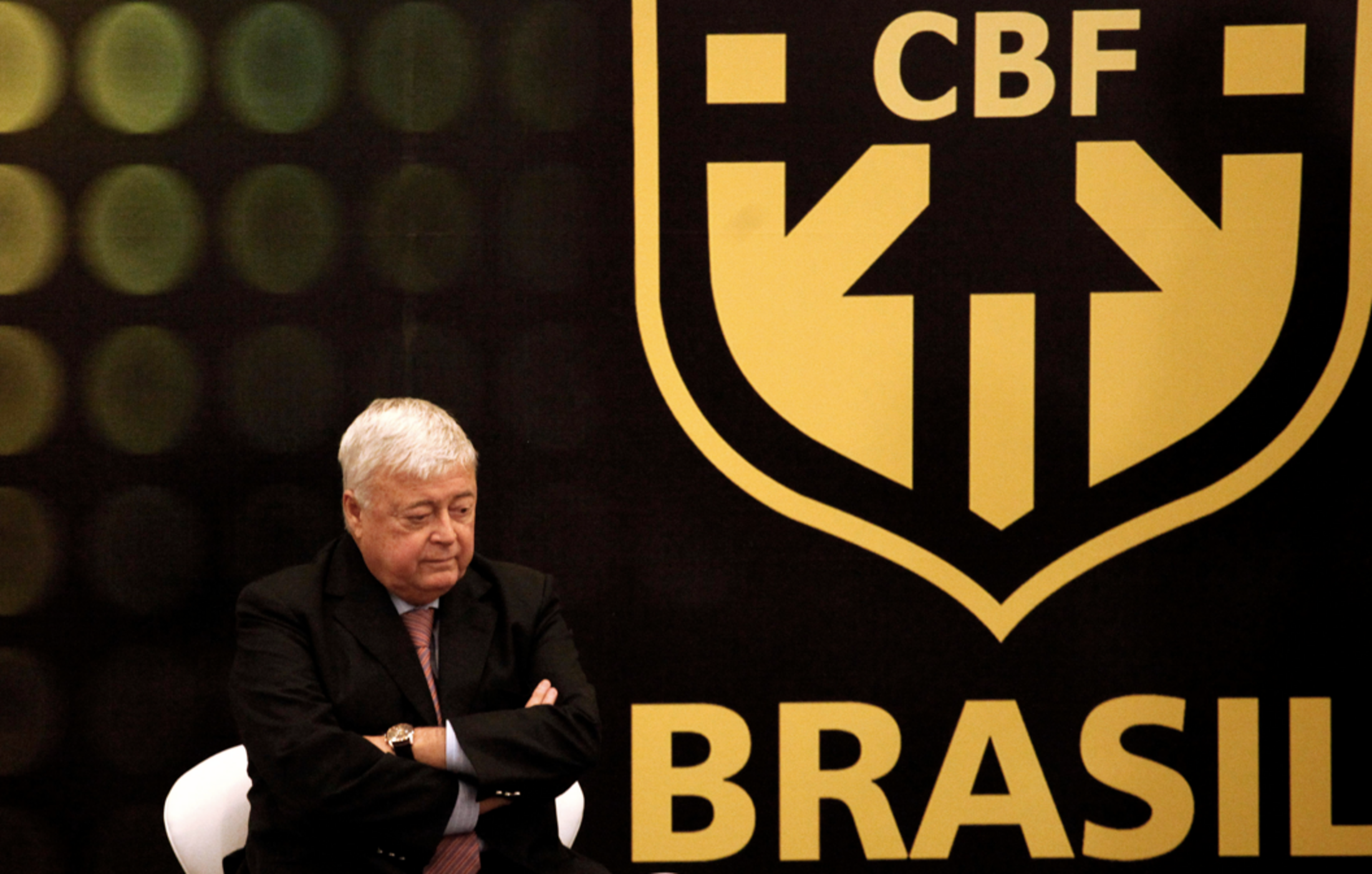
In the latest of a long-running series of revelations of his dubious activities, British daily The Telegraph last month revealed how a money transfer worth more than 2.5 million euros was paid into a bank account in Brazil belonging to Texeira’s 10 year-old daughter, Antonia Wigand Teixeira. The money was paid into the account in 2011, when Texeira was still sitting on the executive committee of FIFA. According to The Telegraph, the payment “is thought to have been made by Sandro Rosell”. Rosell is a Spanish businessman who was president of the Barcelona football club between 2010 and 2014 and a former director for Nike’s operations in Brazil.
In 2010, an investigation by the BBC TV’s current affairs programme Panorama alleged that Texeira and his former father-in-law, João Havelange who was FIFA president between 1974 and 1998, had taken 9.5 million dollars (7 million euros) in bribes from Swiss-based marketing company International Sport and Leisure (ISL), which managed TV rights for World Cup competitions, during the 1990s. ISL was declared bankrupt in 2001 with debts of more than 190 million euros.
Texeira was investigated by a Brazilian parliament commission in 2001 over 13 suspected crimes, including money laundering and tax evasion and lying to Members of Parliament, although it gave rise to no charges.
In March 2012, Texeira resigned from FIFA and the Brazilian Football Confederation citing health reasons. The timing was just before the publication of a Swiss public prosecutor’s report which accused him and Havelange of being paid 41 million dollars (30 million euros) in bribes by the company to which FIFA awarded the TV rights for the 2002 and 2006 World Cup competitions.
The Swiss investigation, led by judicial authorities in the Canton of Zug and concluded in May 2010, followed a complaint by FIFA, which has its head office in Zurich, against Texeira and Havelange for having illicitly received payments from ISL. The Swiss probe established in detail that the men had taken bribes, but FIFA dropped its complaint against Texeira after he repaid the organisation 2.5 million Swiss francs (2 million euros).
The Swiss public prosecutor’s report found that over the ten years between 1989 and 1999, ISL paid more than 122 million Swiss francs (100 million euros) in secret bribes, of which at least 12 million Swiss francs (9.8 million euros) went directly to Texeira. However, it appears that that sum was the tip of the iceberg, as between 1999 and 2000, ISL paid 22 million Swiss francs (18 million euros) into a company which jointly belonged to Texeira and his father-in-law.
“The finding that FIFA had knowledge of the bribery payments to persons within its organs is not questioned,” the prosecutor’s report read. “This is firstly because various members of the executive committee had received money, and furthermore, among other things, it was confirmed by the former chief financial of FIFA as a witness that a certain payment was made to Joao [sic] Havelange by the company 1 amounting to CHF 1’000’000.00 was mistakenly directly transferred to a FIFA account.”
Crédit Mutuel-CIC admits being alerted
Despite the damning report, available to the public, the Banque Pasche de Monaco was quite happy to do business with the Brazilian, and without ever alerting the Monaco governments anti-money laundering agency.
Over recent months, Texeira has regularly travelled to Monaco from his Florida home; he made trips to the tiny principality in January, February, April and in May, each time staying for a period of just two or three days, and based at the luxury Hotel Metropole, situated just a few metres from the Pasche bank’s offices. Mediapart has gained access to emails and hotel billing documents that show the reservations for Texeira’s stays were made by the Pasche bank.
Founded in 1885, the Geneva-based Banque Pasche Group, of which the Banque Pasche de Monaco is no longer a part after its sale last November to the Banque Havilland, was taken over by a subsidiary of CIC, the Lyonnaise de Banque, before becoming a part of the Crédit Mutuel-CIC group that was formed in 1998. It today presents itself as “the private asset management arm” of the Crédit Mutuel-CIC group, its majority shareholder. “Banque Pasche specializes in asset management for a select clientele, whose origins are often the upper echelons of finance, culture, sports or the art world,” proclaims the Swiss bank’s website.
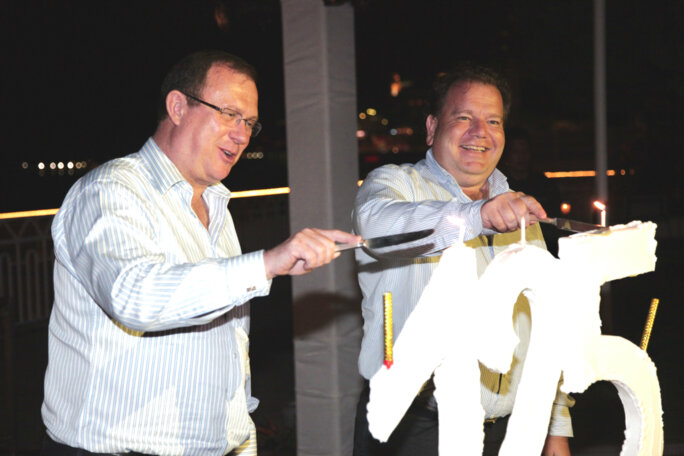
Enlargement : Illustration 4


Enlargement : Illustration 5

Its 70 worldwide offices include branches in Dubai, Lichtenstein and the Bahamas, all states which have long defended banking secrecy, as well as in China and Brazil. In January 2006, Banque Pasche Group board chairman Christophe Mazurier told Swiss daily Le Temps: “Using the notoriety of CIC, we work a lot on tax exile, or the delocalization of wealth, by helping clients to set themselves up in Switzerland – Vaud, Valais, Geneva – in London, in Belgium, and in Uruguay.”
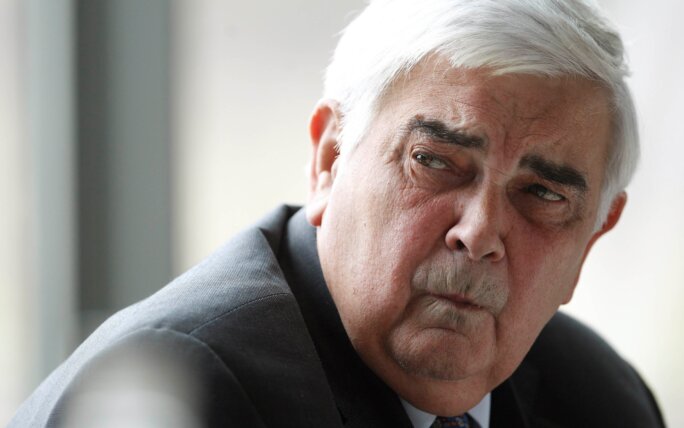
Enlargement : Illustration 6

On paper, the Monaco operation has been a poor performer. According to its yearly accounts published in the Monaco journal official, the Banque Pasche de Monaco showed net annual losses over the period 2008-2012 of between just more than 612,000 euros and more than 1.5 million euros.
Meanwhile, the judicial investigation in Monaco into the bank’s operations, led by judge Kuentz, may yet entangle the Crédit Mutuel-CIC group, despite its sale of Pasche Monaco in November last year. The three whistleblowers were questioned by Monaco’s financial crime police in September 2013.
On April 9th this year, Crédit Mutuel-CIC sent a bailiff to record a press conference given in Lyon by the whistleblowers’ lawyer Sophie Jonquet. The move was authorized by a Lyon court after an application by the French banking group. An extract from the formal text of its application read: “In June 2013, in the context of the cession of the Banque Pasche de Monaco, Monsieur Michel Lucas, chairman and chief executive of the CIC, was contacted by Sophie Jonquet, who presented herself as the lawyer for three employees of the Banque Pasche de Monaco and stating that her clients were in possession of elements that demonstrated that the latter was the stage of money-laundering operations.” It went on to mention a letter it received from Jonquet in July 2013 in which the lawyer notified Crédit Mutuel-CIC that she was sending the Monaco public prosecutor’s office a document denouncing the dubious practices of the Banque Pasche de Monaco.
On September 10th 2013, the case of Jean-Louis Rouillan’s sacking was brought before a panel of the Association monégasque des activités financiers (AMAF), the association that represents Monaco’s banks and financial institutions and which plays an ombudsman’s role in disputes between staff and management. The AMAF panel unanimously judged that there was no justification for Rouillan to lose his job. The cases of his two colleagues who were also sacked for raising the alarm over the Pasche bank’s practices is to be heard by a Monaco labour court.
Contacted by Mediapart, the Crédit Mutuel-CIC group declined to answer 18 detailed questions about the activities of both the Banque Pasche de Monaco and the Banque Pasche Group.
-------------------------
- The French version of this article can be found here.
English version by Graham Tearse


